World Meteorological Organization highlights increased threat to climate
A new report by the World Meteorological Organization, or WMO, has warned that carbon dioxide, or CO2, is building up in the atmosphere at a faster rate than at any time in human history, condemning the planet to many more years of rising temperatures.
CO2 levels have risen by 11.4 percent in just two decades, and, in 2023, continued high levels of fossil fuel emissions, widespread vegetation fires, and concern over reduced carbon absorption by trees all made the problem worse.
The figures, published in the latest edition of the WMO's Greenhouse Gas Bulletin on Monday, confirmed that for the 12th consecutive year, there had been a CO2 increase of more than 2 parts per million, with the fact that 2023's rate of increase was lower than it had been in 2019, 2020, or 2021 providing little comfort.
The report also noted increased emissions of strong but less enduring pollutants, including methane and nitrous oxide.
"Another year. Another record," said WMO Secretary-General Celeste Saulo. "This should set alarm bells ringing among decision makers. We are clearly off track to meet the Paris Agreement goal of limiting global warming to well below 2 degrees Celsius and aiming for 1.5 degrees Celsius above pre-industrial levels. These are more than just statistics. Every part per million and every fraction of a degree temperature increase has a real impact on our lives and our planet."
One of the report's co-authors, Imperial College London climate scientist Joeri Rogelj, told The Guardian newspaper that record atmospheric CO2 levels "are the logical outcome" of the record amounts of greenhouse gases that our economies continue to dump into our ambient air.
"Current trends will see global warming cross all warming limits that global leaders agreed to in the 2015 Paris climate agreement," he added.
It has been calculated that to cut emissions to the widely desired net-zero target by the middle of the century would require investment of between $1 trillion and $2 trillion each year.
WMO Deputy Secretary-General Ko Barrett warned that unless action was taken soon, humanity could find itself locked in a vicious cycle of a worsening situation.
"Natural climate variability plays a big role in carbon cycle but in the near future, climate change itself could cause ecosystems to become larger sources of greenhouse gases," she explained.
"Wildfires could release more carbon emissions into the atmosphere, whilst the warmer ocean might absorb less CO2. Consequently, CO2 could stay in the atmosphere to accelerate global warming. These climate feedbacks are critical concerns to human society."











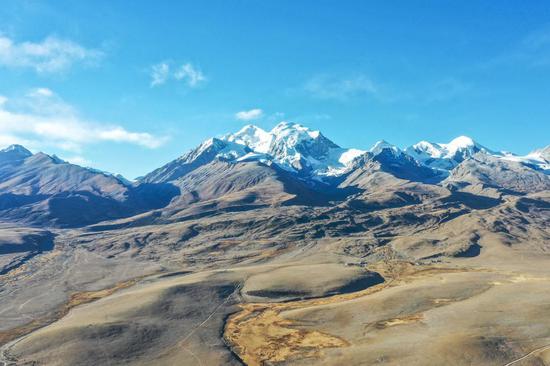


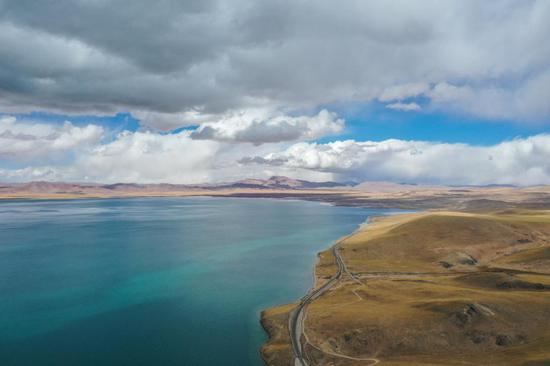
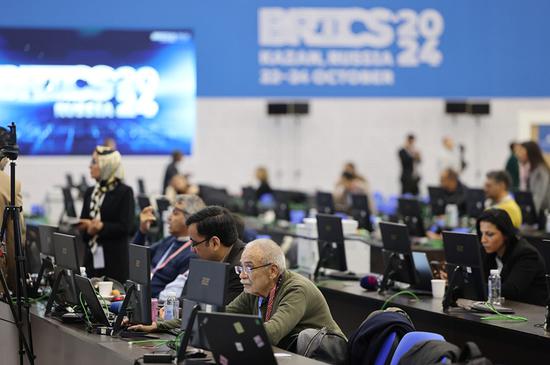


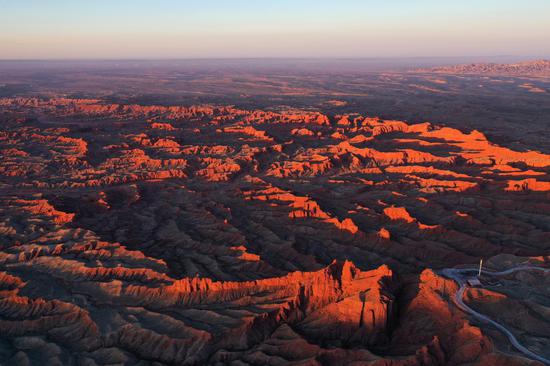



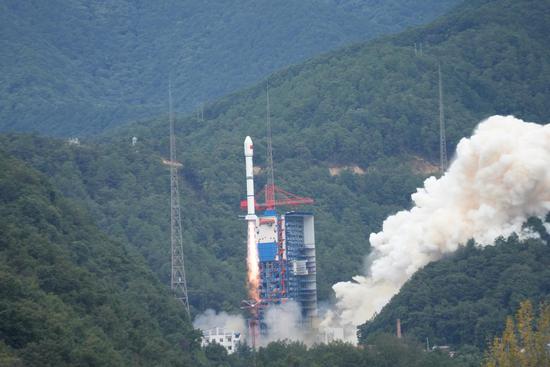

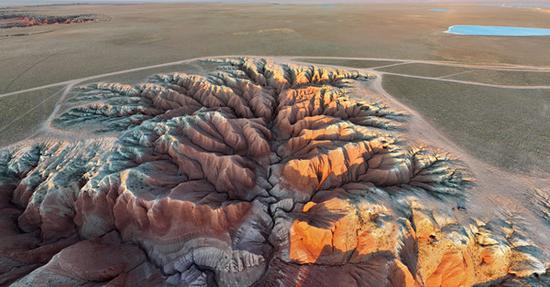






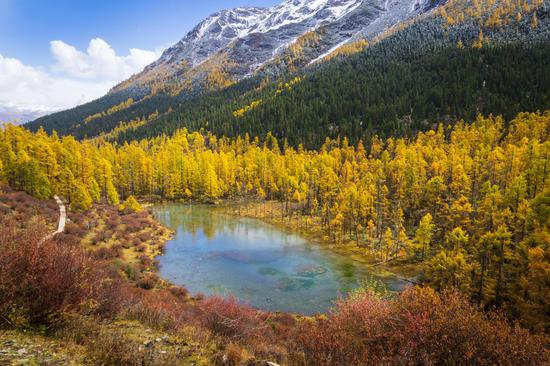





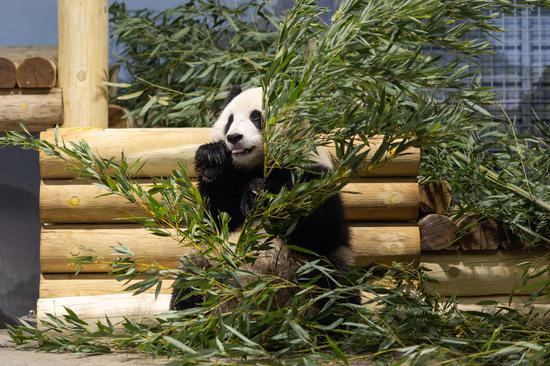
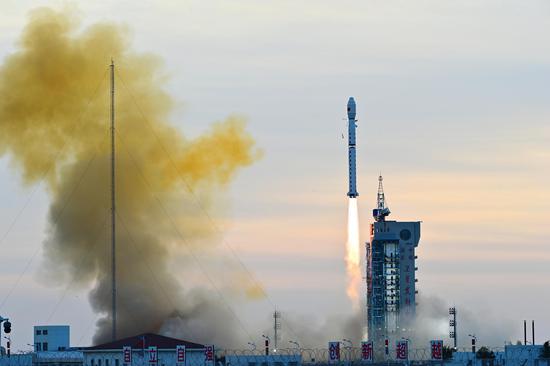
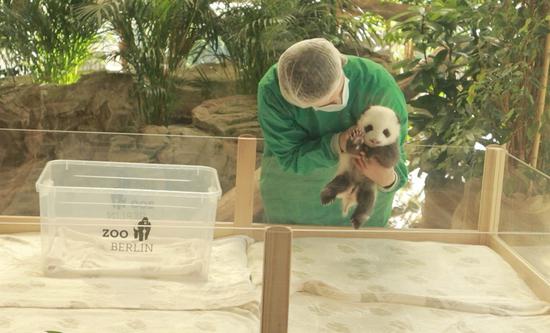


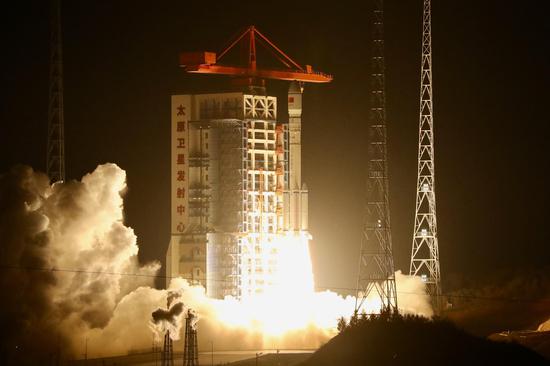







 京公网安备 11010202009201号
京公网安备 11010202009201号